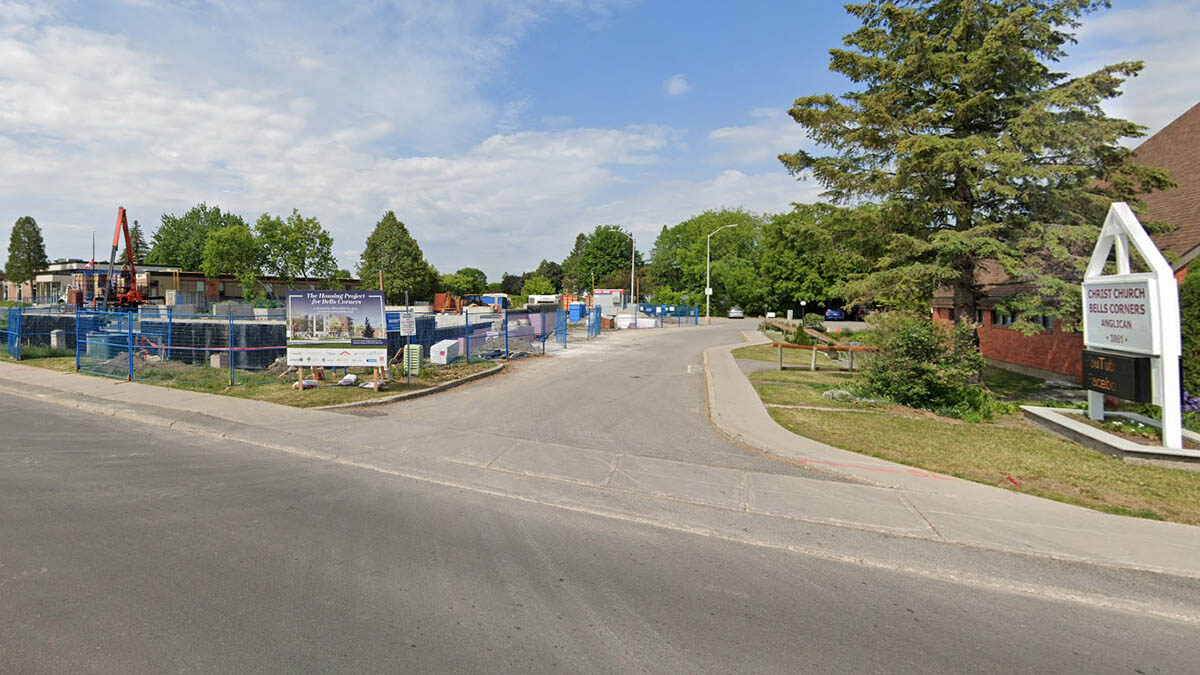Rising home prices and the cost of apartment rentals, coupled with the COVID-10 pandemic and other factors are making life difficult for many but the pressure is particularly acute for Ottawa’s more vulnerable populations.
“Pre-pandemic we served 61 residents per night,” said Martine Dore, director of programs and services at Cornerstone Housing for Women.
“We had to move to an alternate location to provide physical distancing for increased numbers. At the temporary alternate location, our numbers swelled to serving 125 residents per night at one point,” said Dore.
The pandemic has increased the number of guests per night and has also increased the need for further services, said Dore.
“Although we have always provided food security support, we have seen a real rise in the need to increase those supports. As well as increasing mental health and harm reduction support.”
There are plans in place to try to address homelessness from the city, the federal and the provincial governments.
“We are investing over $1 billion through the Social Services Relief Fund – one of the biggest investments in the housing and homelessness sectors made in the province’s history," said Zoë Knowles, director of communications for Ontario's Municipal Affairs and Housing Minister Steve Clark.
"This flexible funding is allowing local service managers and Indigenous program administrators to expand a wide range of services and support for vulnerable populations,” she said.
Changes can't come soon enough for many but recent projects illustrate how long it takes for affordable housing to actually materialize.
The Anglican Diocese of Ottawa works with shelters like Cornerstone to combat housing affordability. The Diocese is developing 35 affordable units in Bells Corners with a community resource centre and a food bank for residents.
“There's all of this housing and there are people who are trying to buy houses that are very, very expensive, but what we have a real shortage of right now is affordable housing,” said Peter John Hobbs, director general of community ministries for the Diocese.
The Bells Corners project was born in 2017. After community consultations, meetings with stakeholders, and a denied application for government funding, construction is set to finish this summer.
“It takes a while from inception to completion,” says Hobbs.
“It can take many, many years in any kind of development, and certainly in a community-based affordable housing project.”
The process of building new affordable housing has slowed even more in recent years because of labour and material shortages and COVID-19 restrictions, Graeme Hussey, president of Cahdco, says.
“It doesn't take a crystal ball to guess that over the next 10 years, the amount of people who are homeless will get more and more every year.”
Graeme Hussey, president of Cahdco
Cahdco, formerly the Centretown Affordable Housing Development Corporation, is a non-profit real estate group that produces and consults on affordable housing developments in Ottawa.
“In Ottawa, we're probably building about 150 affordable homes every year, but we've got a wait list of over like 10,000,” said Hussey.
“Those two numbers, they're not even in the same magnitude.”
Affordable housing developments, like the one Cahdco constructs, are heavily dependent on government subsidies and grant support. But with the rapid increase of housing and real estate values in Ontario, housing and homelessness programs will struggle to keep up.
“It doesn't take a crystal ball to guess that over the next 10 years, the amount of people who are homeless will get more and more every year, I think,” said Hussey.




